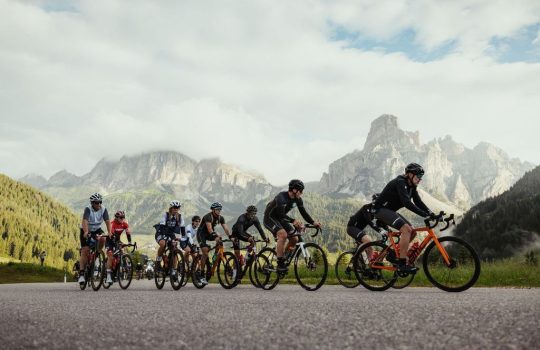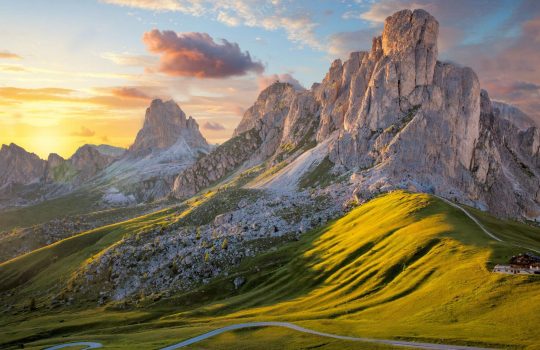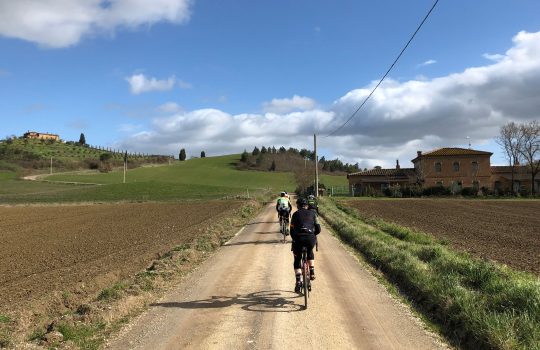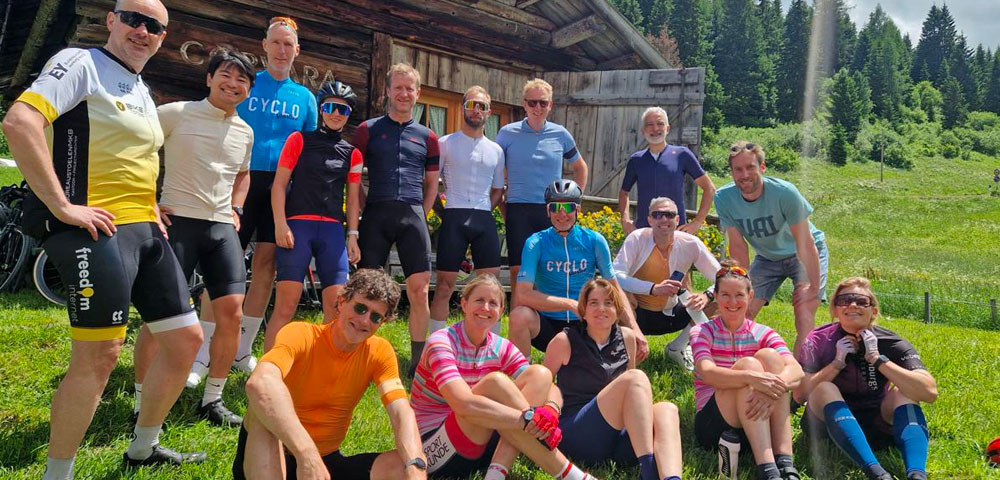10 things you need to know about cycling in Rwanda
Want to visit the Cycling World Championships? Here's what you need to know about Rwanda
Rwanda, also known as the “Land of a Thousand Hills,” is one of Africa’s most beautiful and unique cycling destinations. The country offers breathtaking views, challenging climbs, and a rich culture. Whether you’re planning to take a guided cycling tour or plan your own adventure, there are a few key things you should know before you hit the road. Here are ten things you need to know when cycling in Rwanda.
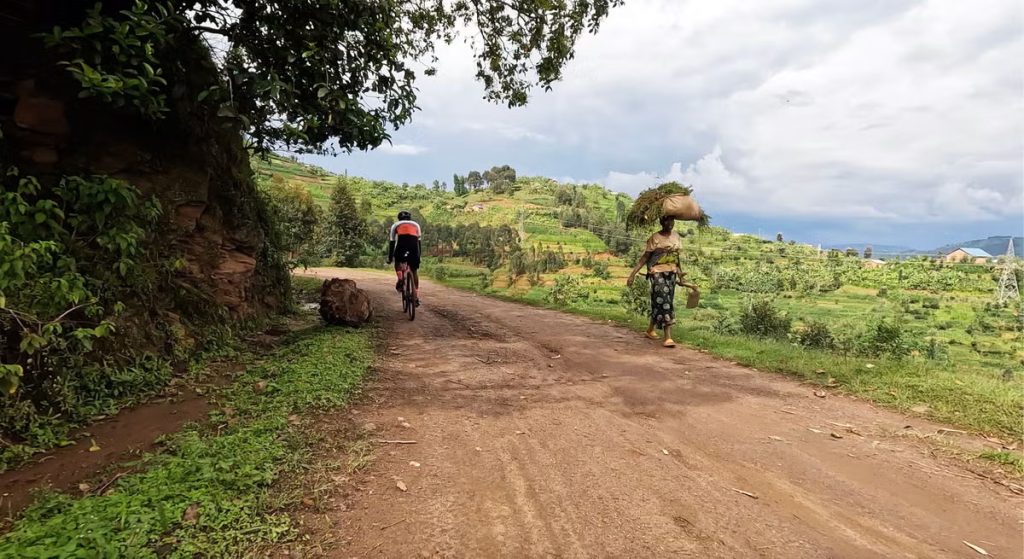
1. The hills can be steep
Rwanda is often called the “Land of a Thousand Hills” and for good reason. The landscape is mountainous, with numerous climbs (short and long climbs). The roads can vary from asphalt to gravel. If you are planning on doing long rides, expect to regularly climb steep climbs of 1000 to 1500 meters in elevation per day. This makes it a great destination for athletic cyclists looking for a challenge.
2. The climate is tropical, but the altitude makes it cooler
Rwanda’s climate is tropical, but it is tempered by the altitude. Most cycling routes are between 1,000 and 2,000 metres above sea level, making it pleasantly cool, even in the warmer months. Average temperatures in the lower elevations (around 1,000 metres) are between 20°C and 30°C, while higher up it can be cooler. It is important to pack layers when cycling in Rwanda, so that you can adapt to changes in temperature as you change altitude.
3. Expect a lot of variety in the terrain
Cycling in Rwanda is a varied adventure. You will cycle through rural villages, along Lake Kivu, through vast tea plantations and through dense rainforests. In some areas you will be cycling on paved roads, while other routes can be technical. The variety of terrain makes Rwanda a fantastic destination for adventurous cyclists who want to experience a bit of everything.
4. The roads can be unpredictable
Rwanda has invested significantly in improving its infrastructure in recent years. In general, the asphalt roads are in good condition. If you leave the asphalt roads, the roads are still in poor condition in some places, especially outside the larger cities. This is especially true for the gravel roads and the unpaved paths that wind through the mountains. Sometimes the roads can be muddy or dusty, depending on the season. So it is important to be prepared for rough roads and to ride a gravel bike or mountain bike.
5. Road safety and road users
Rwanda has relatively little traffic compared to other African countries, but traffic can be chaotic in larger cities such as Kigali. It is important to be alert for motorcyclists, pedestrians and trucks. In Rwanda, there is a lot of cycling by the local population. You notice that. The other traffic generally takes cyclists into account.
6. Don't forget to refill your water and snacks in time
Shopping and eating options may be limited in remote areas. Make sure you have plenty of water and snacks for longer rides. In many rural areas there are small stalls selling local foods such as bananas, potatoes and bread, but it is advisable to take your own energy bars, fruit and water for longer rides. Hydration is essential, especially if you are cycling in mountainous terrain.
7. Rwanda is hospitable and friendly
Rwanda is known for the friendliness of its people. As you cycle through the country, you will often be greeted by curious villagers who encourage you and wave enthusiastically. The locals are usually very welcoming and open, and although most people speak Kinyarwanda, you can also use English or French in the larger cities. Although friendly and welcoming, the population also sees tourists as cash cows. Children in particular shout Muzungu or Money at you all day long. It takes some getting used to and is sometimes uncomfortable.
8. Rwanda has a rich culture and history
Rwanda is not only a country of beautiful nature, but also of rich culture and history. You can encounter some impressive cultural and historical sights along the way, such as the Genocide Memorial in Kigali, where you will learn more about the tragic events of 1994. In 90 days, 1,000,000 (mainly) Tutsis were murdered. It is a good idea to spend some time in the cities to understand more about the history of the country.
9. Health and vaccinations
When traveling to Rwanda, you should pay close attention to the required vaccinations. Make sure you are vaccinated against diseases such as hepatitis A, typhoid, DTP (diphtheria, tetanus, polio) and yellow fever. Because malaria also occurs in Rwanda, it is advisable to take or consider taking anti-malaria medication. Consult your doctor for current travel advice and vaccinations before departure.
10. Respect the environment and local communities
Rwanda is one of the greenest countries in Africa and has many protected natural areas, such as the Volcanoes National Park, where you can see mountain gorillas. It is important to respect the environment, not to leave any waste behind and to support local nature projects.
Bonus: Cycling trip to the 2025 World Cycling Championships
Rwanda has positioned itself in recent years as a top destination for cycling tourism. With CYCLOsportive we offer a fully guided cycling tour through the mountainous landscape of the country, from the capital Kigali to the impressive Lake Kivu. More info: World Cycling Championship Rwanda
